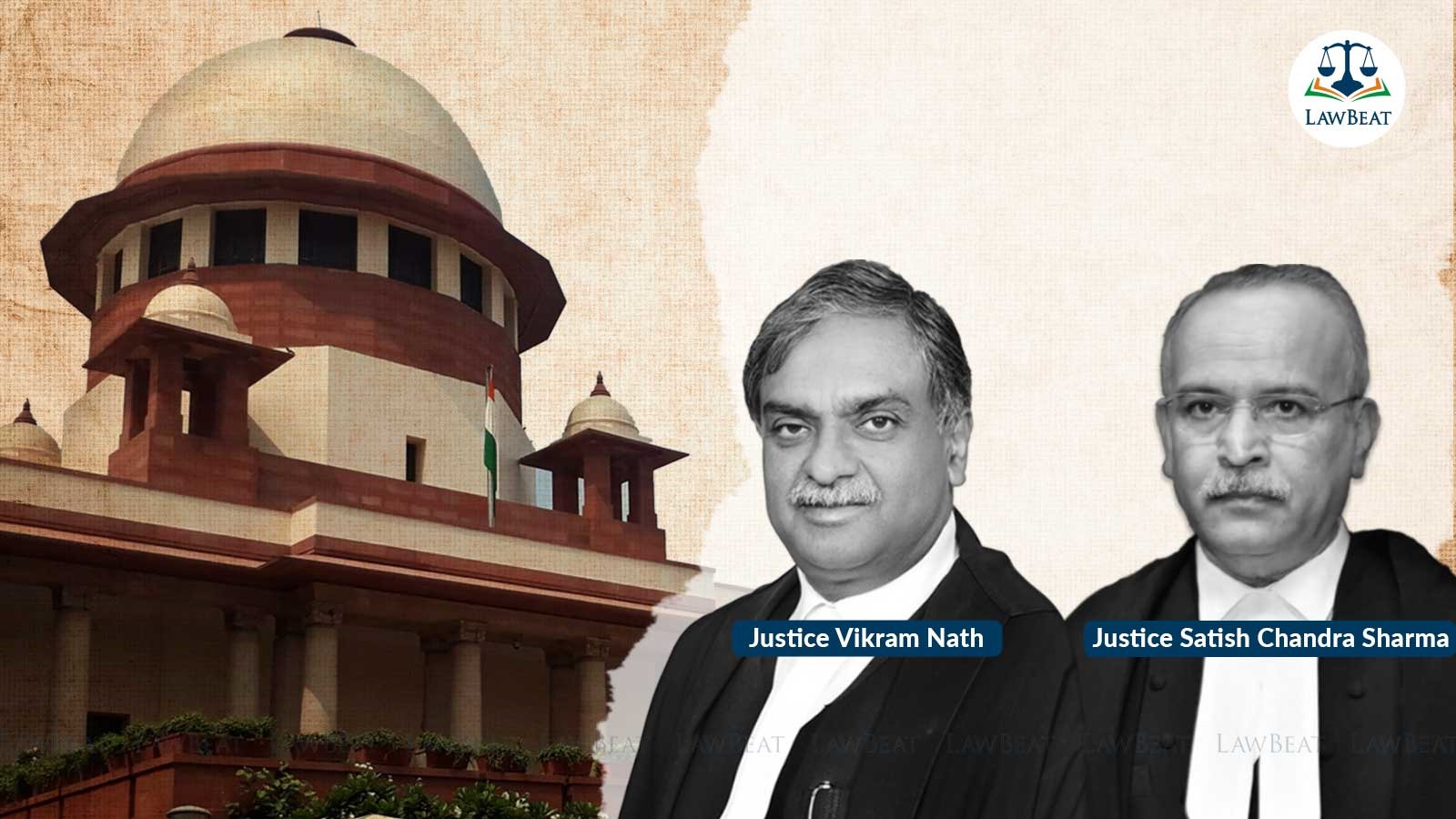Magistrate can't reject closure report & rely upon protest petition to proceed as state case: SC

Court said that the Magistrate ought to have followed the provisions and the procedure prescribed under Chapter XV of the CrPC, instead of acting on the protest petition and witnesses' affidavit and treating the matter as the State case
The Supreme Court has on April 18, 2024 said that a judicial magistrate cannot reject a closure report and issue summons against the accused in a criminal matter, treating it as a State case, based upon a protest petition by the complainant and affidavits filed by the witnesses.
A bench of Justices Vikram Nath and Satish Chandra Sharma allowed an appeal filed by one Mukhtar Zaidi against the Allahabad High Court's order of August 24, 2021.
The appellant assailed the high court's order which rejected his plea for quashing the summoning order of March 8, 2021 by the Chief Judicial Magistrate (CJM), Aligarh in the case related to an attempt to murder and other offences.
The Investigating Officer found no evidence that could be collected to substantiate the allegations made in the FIR.
The CJM, on its part, rejected the police report under Section 173(2) CrPC and further proceeded to take cognizance for offences under the IPC and under Section 190 (1)(b) of the CrPC and also directed that the matter would continue as a State case.
The appellant's counsel contended once the CJM was relying upon additional material in the form of evidence produced by the complainant along with the protest petition then the only option for the CJM was to treat it as a complaint under Section 200 CrPC and proceed accordingly.
The said case could not have been continued as a State case and should have been treated as a private complaint after following the due procedure in Chapter XV of the CrPC to take cognizance under Section 190(1)(a) CrPC, he argued.
It was, however, open for the CJM to have rejected the police report for closure and could have taken cognizance relying upon the material in the case diary, (in effect, the material collected during investigation), the counsel said.
The counsel for the State and the complainant, on the contrary, claimed the CJM did not take into consideration any additional evidence filed in the form of affidavits along with the protest petition and had only relied upon the material collected during the investigation as contained in the case diary.
The bench, however, said, "We find that the CJM had actually taken into consideration not only the protest petition but also the affidavit filed in support of the protest petition as well as the four affidavits of witnesses filed along with the protest petition. It was based on consideration of such affidavits that the CJM was of the view that the investigation was not a fair investigation and these affidavits made out a prima facie case for taking cognisance and summoning the accused."
Referring to 'Vishnu Kumar Tiwari vs State of Uttar Pradesh, through Secretary Home, Civil Secretariat, Lucknow & Anr' (2019), the bench said that the right of the complainant to file a petition under Section 200 CrPC is not taken away even if the Magistrate concerned does not direct that such a protest petition be treated as a complaint.
"In the present case as the Magistrate had already recorded his satisfaction that it was a case worth taking cognisance and fit for summoning the accused, we are of the view that the Magistrate ought to have followed the provisions and the procedure prescribed under Chapter XV of the CrPC," the bench said.
The bench, therefore, set aside the orders passed by the high court.
The court, however, left it open for the Magistrate to treat the protest petition as a complaint and proceed in accordance to law as laid down under Chapter XV of the CrPC.
